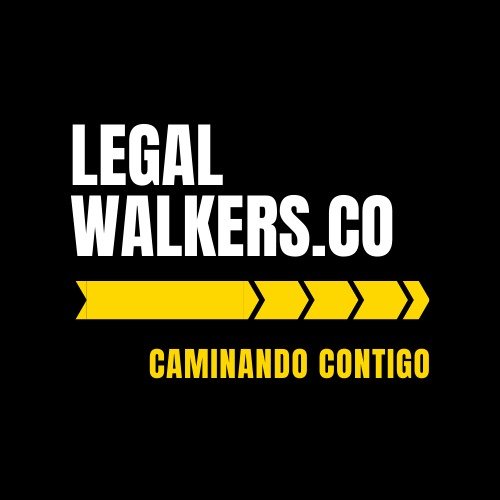
Best Debt & Collection Lawyers in Bogotá
Share your needs with us, get contacted by law firms.
Free. Takes 2 min.
List of the best lawyers in Bogotá, Colombia

About Debt & Collection Law in Bogotá, Colombia
In Bogotá, Colombia, Debt and Collection law governs the process of collecting debts and outlines the rights of both creditors and debtors. The laws encompass a variety of issues including personal loans, credit card debts, debts from retail purchases, and mortgages. The country has strict regulations to restrict over-aggressive collection practices and ensure fair treatment of debtors which protects both parties' interests. A legal framework such as the Statute of Limitations also exists for time-barred debts.
Why You May Need a Lawyer
There are various situations in which legal counsel may be necessary. These include: when your creditor continuously harasses you for repayment due to misunderstanding of the debt amount or method of repayment; if you suspect the creditor of fraudulent activity; in case of disagreement between parties on the status of a debt; or if you wish to negotiate repayment terms because you simply cannot afford to repay the amount in full. A lawyer can also provide assistance if you're sued in court over a debt or are considering filing for bankruptcy.
Local Laws Overview
Colombian laws lay down specific guidelines for both lenders and borrowers. These include appropriate conduct for debt collection, provision of a right to dispute or verify the debt, limitation on interest rates, and stipulation on the types of communication a debt collector can have with a debtor. It's also important to note that Colombia has specific laws to curb unfair practices by debt collectors and these laws impose harsh penalties on creditors that violate a debtor's rights.
Frequently Asked Questions
1. What are my rights as a debtor in Bogotá, Colombia?
As a debtor, you have the right to dispute the debt, verify its validity, and negotiate repayment terms. You are also protected under Colombian law from harassment and intimidation by debt collectors.
2. Can a debt collector contact my employer or family members?
Colombian law restricts debt collectors from contacting anyone other than the debtor or their lawyer, unless it's for obtaining information about your whereabouts. Even in this case, they must be respectful and discreet.
3. What is the Statute of Limitations for debt in Bogotá, Colombia?
The Statute of Limitations varies depending on the type of debt. Typically, it can range from one to five years but it's important to verify this with your legal advisor as it depends on specific circumstances.
4. Can I be sued for an outstanding debt?
Yes, creditors can sue you for an outstanding debt. If a judgment is made against you, your assets may be seized or garnished to repay the debt. It's advisable to hire a lawyer if you are sued over a debt.
5. What happens if I can't pay my debts?
If you cannot pay your debts, bankruptcy may be an option. However, it's a serious decision with long-term financial and legal consequences, so it's recommended to seek legal advice before proceeding.
Additional Resources
The following resources might be helpful in navigating debt and collection issues in Bogotá, Colombia:
- Superintendence of Industry and Commerce (SIC): This governmental agency handles complaints about unfair trade practices including issues about debt collections.
- Financial Superintendence of Colombia: This government body regulates financial services, which includes banking and credit, and protects consumer rights.
- Colombian Consumer Federation: An organization that provides assistance and education to consumers regarding their rights.
Next Steps
If you're considering legal assistance for debt and collection in Bogotá, Colombia, begin by finding a reputable lawyer who specializes in this area of law. They can guide you through the process, defend your rights, and help negotiate better terms with creditors. Don’t ignore your debt issues, it can lead to further legal complications.
The information provided on this page is intended for informational purposes only and should not be construed as legal advice. While we strive to present accurate and up-to-date information, we cannot guarantee the accuracy, completeness, or currentness of the content. Laws and regulations can change frequently, and interpretations of the law can vary. Therefore, you should consult with qualified legal professionals for specific advice tailored to your situation. We disclaim all liability for actions you take or fail to take based on any content on this page. If you find any information to be incorrect or outdated, please contact us, and we will make efforts to rectify it.


